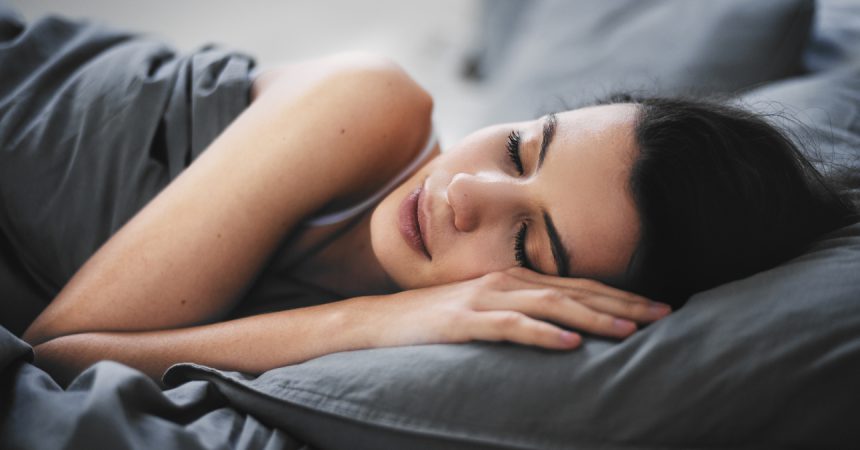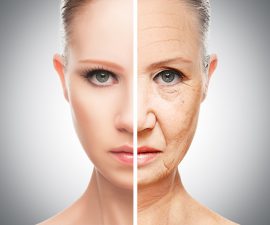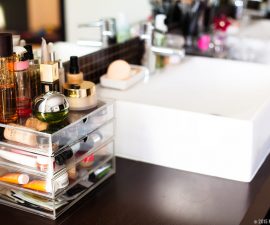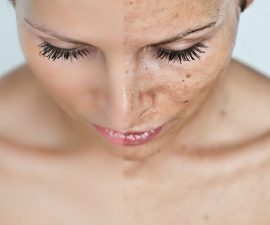Are you aware we spend one-third of our life sleeping?! This makes around 25-30 years! Luckily, the time is not wasted at all. While we sleep, our bodies have lots of work to do. The most intensive repair happens at night. Sleep is like the best face cream which fully renews the epidermis. Read on to learn why sleep is essential to skin health, what kind of processes take place while we are asleep and how to improve the quality of sleep.
Our skin’s 24-h cycle
We all function according to the 24-h cycle. The body produces more melatonin, or the hormone of sleep, in the evening and gets ready for regeneration and rest. That is why we feel sleepy. Upsetting the natural rhythm may have serious health consequences and obviously worsens the condition of skin. From 7 to 8 hours of sleep is optimal.
Getting a good night’s sleep:
- makes us feel rested and full of energy.
- boosts the mood.
- makes the skin radiant, smooth and rested-looking.
- makes us look fresh and banishes puffiness or dark circles.
- neutralizes activity of free radicals thanks to melatonin.
On the other hand, the lack of enough sleep:
- makes us feel irritated and tired.
- makes us less efficient.
- makes the skin tired-looking, lifeless.
- makes the skin sallow and dull.
- gives us puffy eyes and dark circles.
- increases level of cortisol.
- disturbs the repair process.
- upsets the activity of sebum glands.
- causes damage to collagen fibers, making skin less plump.
- makes us gain weight.
What happens to skin when you are asleep?
I’ve already said that the body cells have lots of work to do during sleep. They work in full swing! This is a brilliant moment to fix the damage caused during the day. This is what your skin’s night life looks like:
- Melanin goes active when the night comes. We feel sleepy. The body gives us a sign to get to rest. 9 pm is said to be the healthiest hour to go to sleep.
- From midnight till 1 am: the activity of HGH – human growth hormone – is intensified. Yes, it is true that children grow at night! This is also the time when the super-fast epidermal repair takes place. The blood circulation is enhanced and the skin gets much smoother.
- From midnight till 2 am: the body repair process is running on all cylinders. The cells bounce back. Intensive detox starts off. The accumulated toxins are removed.
- The nexts hours also play a key role in the skin repair process because between 2 am and 3 am – after getting rid of all toxic trash – the skin works to refill the cells with valuable ingredients. This is when all active substances from creams or serums are absorbed. The skin tries to strengthen the elastin fibers and intensify the production of collagen. It also receives more oxygen and boosts the elasticity of tissues.
- From 4 am till 5 am the body produces more cortisol which has anti-inflammatory effects.
- Around 7 am the body can finally slow down, calm the blood flow, and switch off the intensive repair process.
As you can see, the skin is very busy at night! Do you get enough sleep? Do you ever go to bed around 9 pm? To me it’s way too early… What about you?




Leave a Reply